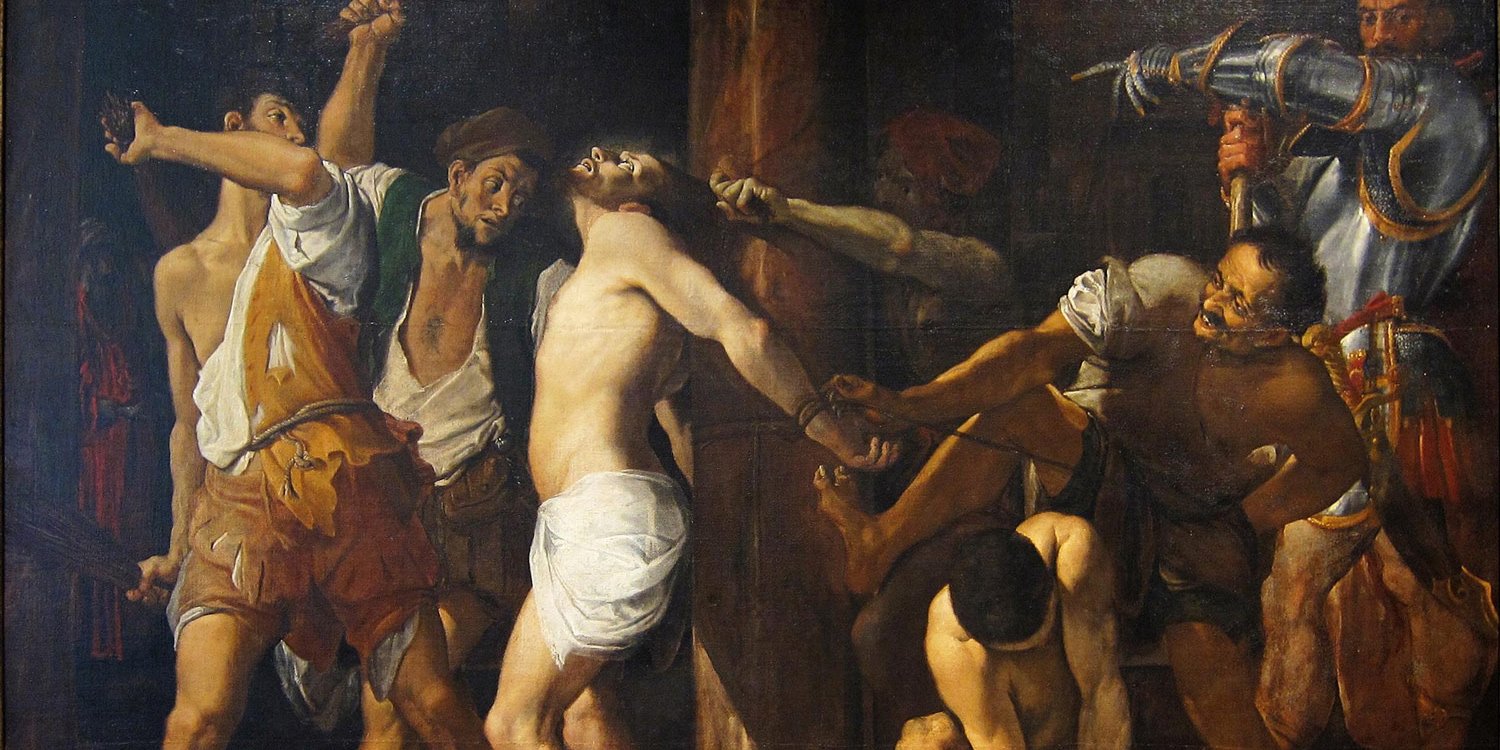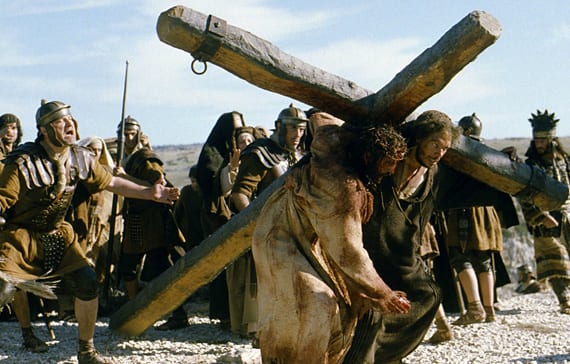Regina Caeli – Queen of Heaven, Rejoice!
The Regina Caeli, Latin for “Queen of Heaven,” is a hymn and prayer ...

Gregory the Great brings out the mystery of mercy revealed in the sufferings of Christ and our obligation to make that extraordinary forgiveness known to everyone. It is a call therefore not only to personal prayer but to evangelization. He brings out the connection between the blood of the Eucharist in which which receive the gift, and evangelism, our duty to share the gift with others.
Holy Job is a type of the Church. At one time he speaks for the body, at another for the head. As he speaks of its members he is suddenly caught up to speak in the name of their head. So it is here, where he says: I have suffered this without sin on my hands, for my prayer to God was pure.
Christ suffered without sin on his hands, for he committed no sin and deceit was not found on his lips. Yet he suffered the pain of the cross for our redemption. His prayer to God was pure, his alone out of all mankind, for in the midst of his suffering he prayed for his persecutors: Father, forgive them, for they do not know what they are doing.
Is it possible to offer, or even to imagine, a purer kind of prayer than that which shows mercy to one’s torturers by making intercession for them? It was thanks to this kind of prayer that the frenzied persecutors who shed the blood of our Redeemer drank it afterward in faith and proclaimed him to be the Son of God.
The text goes on fittingly to speak of Christ’s blood: Earth, do not cover over my blood, do not let my cry find a hiding place in you. When man sinned, God had said: Earth you are, and to earth you will return. Earth does not cover over the blood of our Redeemer, for every sinner, as he drinks the blood that is the price of his redemption, offers praise and thanksgiving, and to the best of his power makes that blood known to all around him.

Earth has not hidden away his blood, for holy Church has preached in every corner of the world the mystery of its redemption.
Notice what follows: Do not let my cry find a hiding place in you. The blood that is drunk, the blood of redemption, is itself the cry of our Redeemer. Paul speaks of the sprinkled blood that calls out more eloquently than Abel’s. Of Abel, Scripture had written: The voice of your brother’s blood cries out to me from the earth. The blood of Jesus calls out more eloquently than Abel’s, for the blood of Abel asked for the death of Cain, the fratricide, while the blood of the Lord has asked for, and obtained, life for his persecutors.
If the sacrament of the Lord’s passion is to work its effect in us, we must imitate what we receive and proclaim to mankind what we revere. The cry of the Lord finds a hiding place in us if our lips fail to speak of this, though our hearts believe in it. So that his cry may not lie concealed in us it remains for us all, each in his own measure, to make known to those around us the mystery of our new life in Christ.
For more commentary from Gregory on Job, read JOB AND LIFE’S TRIALS.
This excerpt from St. Gregory the Great’s Moral Reflections on Job (Lib. 13, 21-23: PL 75, 1028-1029) on the Mystery of Mercy received in the Eucharist, is used in the Roman Catholic Office of Readings for Friday of the third (3rd) week of Lent. The accompanying biblical reading comes from Exodus 35:30-36:1 and 37:1-9.
No Comments